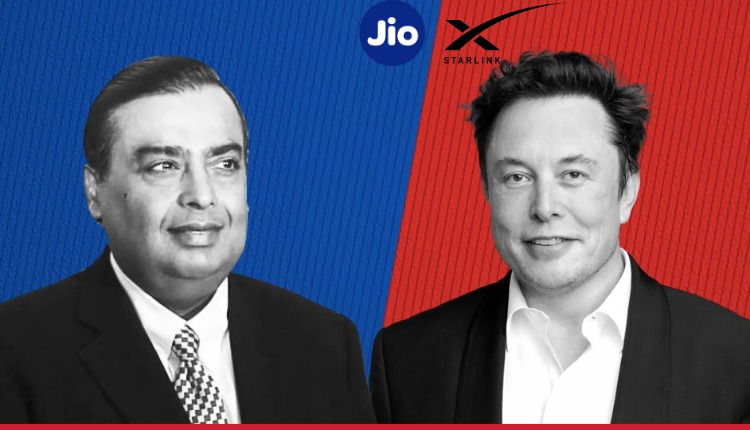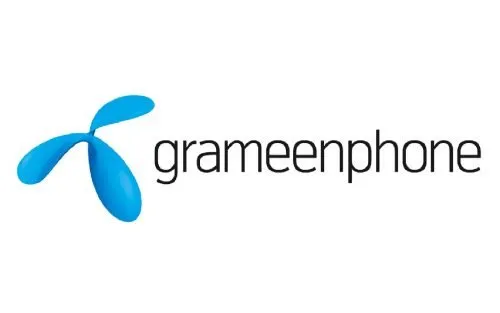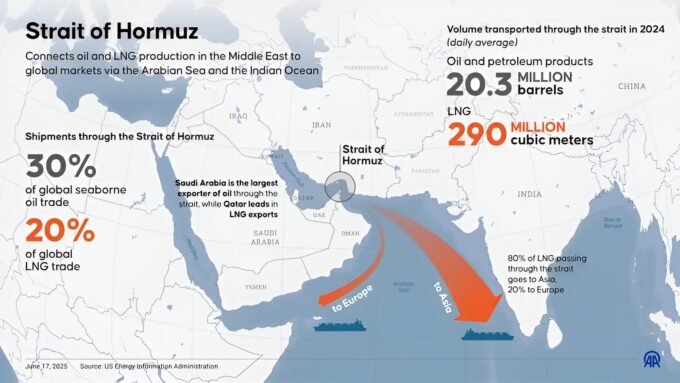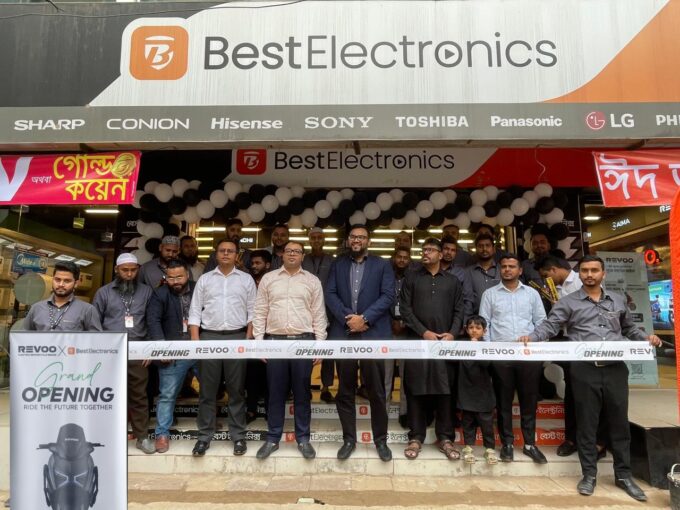India’s move to allocate satellite spectrum instead of auctioning it could open doors for international players, giving consumers greater choice, according to the country’s telecom minister. The decision, however, has sparked tensions between Elon Musk’s Starlink and Mukesh Ambani’s Reliance Jio, two titans vying for dominance in India’s telecom landscape reportedly.
Starlink has been eyeing the Indian market for years, but its plans have recently collided with Ambani’s push for spectrum auctions. Reliance Jio, which invested $19 billion in airwave auctions, warned that administratively allocated spectrum could favor Starlink, potentially jeopardizing Jio’s broadband market share and, in the future, its data and voice clientele as technology evolves.
Read more: Blue Origin Postpones New Glenn Rocket Launch Due To Technical Anomalies
The Indian government sided with Musk’s approach, aligning with global practices where administrative allocation is common, as auctions often require significant investment that could deter foreign competition. Ambani, in turn, has expressed concerns over maintaining a level playing field.
Telecom minister Jyotiraditya Scindia addressed the debate, emphasizing the technical limitations of current satellite technologies. These systems require a clear line of sight to the sky, making them unsuitable for indoor use, unlike terrestrial networks that dominate India’s telecom market. With over 942 million users, fierce competition among Reliance, Bharti Airtel, and Vodafone Idea, and some of the world’s lowest data prices, India remains a lucrative and dynamic market for telecom players.
Deloitte forecasts that India’s satellite broadband market could reach $1.9 billion by 2030. This potential has drawn interest from global giants like Starlink and Amazon’s Project Kuiper. Both companies are currently awaiting approval to launch satellite broadband services in India.
Musk’s ability to disrupt markets has been evident elsewhere. In Kenya, Starlink was priced at $10 per month, significantly undercutting the $120 U.S. rate and triggering complaints from local telecom operator Safaricom.
Meanwhile, India’s government, which holds a stake in Vodafone Idea, faces a challenge in revitalizing the company. Vodafone Idea disclosed in November that it still owed around $24 billion to the government, but Scindia refrained from commenting on whether any relief measures were being planned.
Efforts to rejuvenate state-run Bharat Sanchar Nigam Limited (BSNL) are also underway. With 99 million users, BSNL has seen its market share erode over the years but is now being supported through expanded 4G services and other initiatives.
As India positions itself as a hub for satellite broadband, the government’s policy decisions could reshape the telecom sector, opening new opportunities for domestic and global players alike.
For more updates, be with Markedium.










































Leave a comment